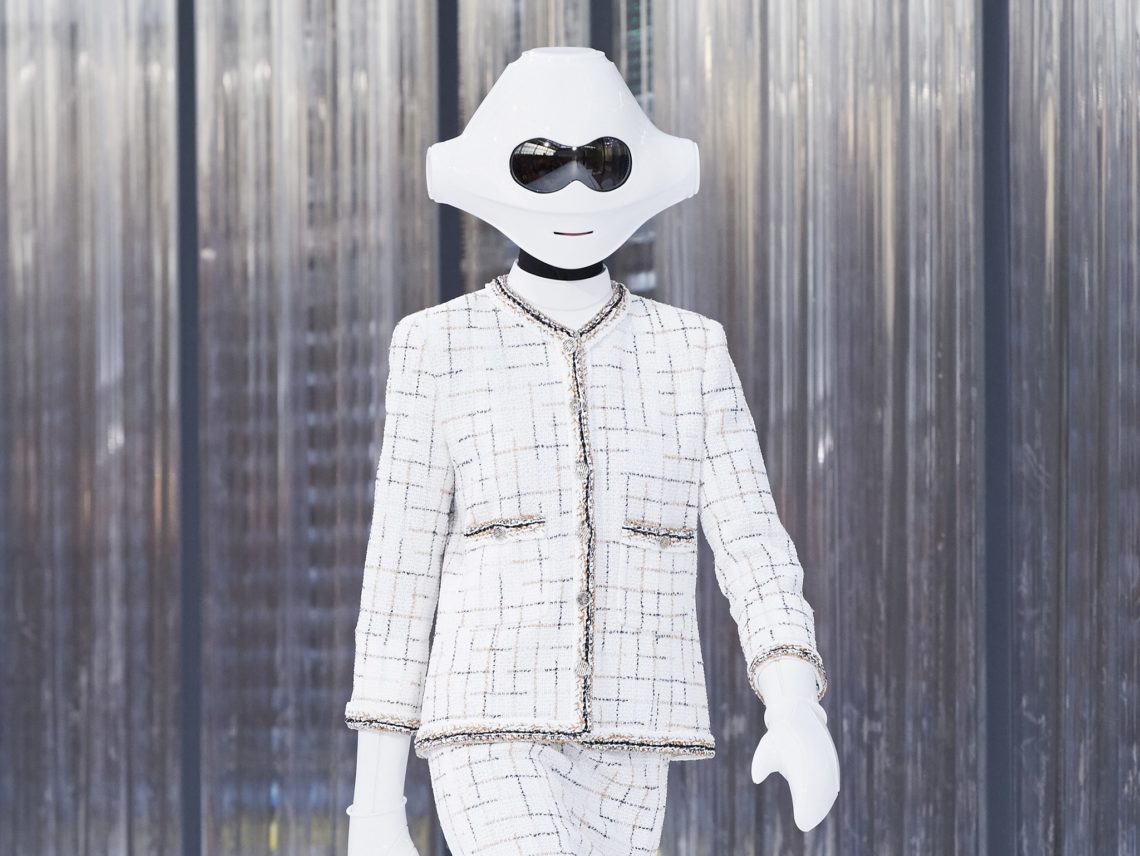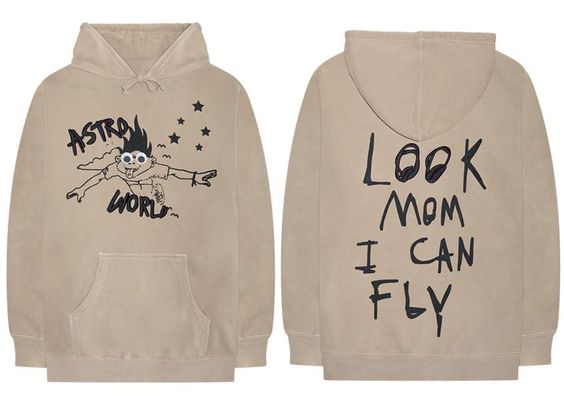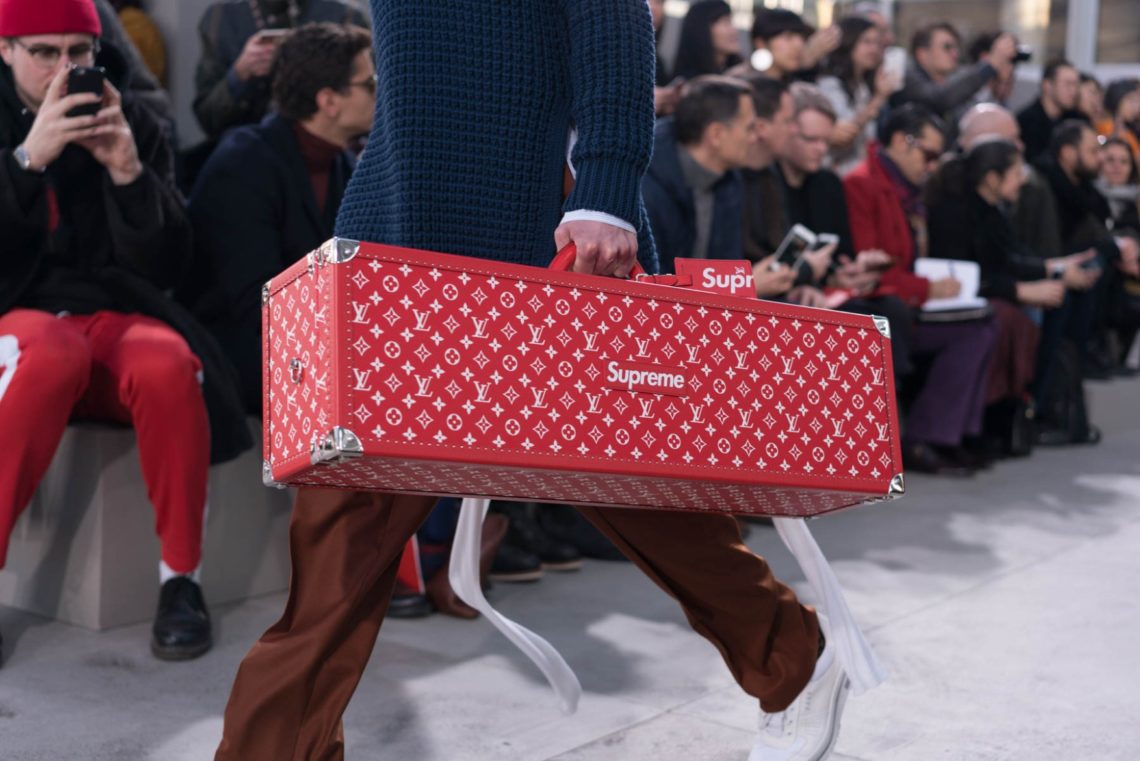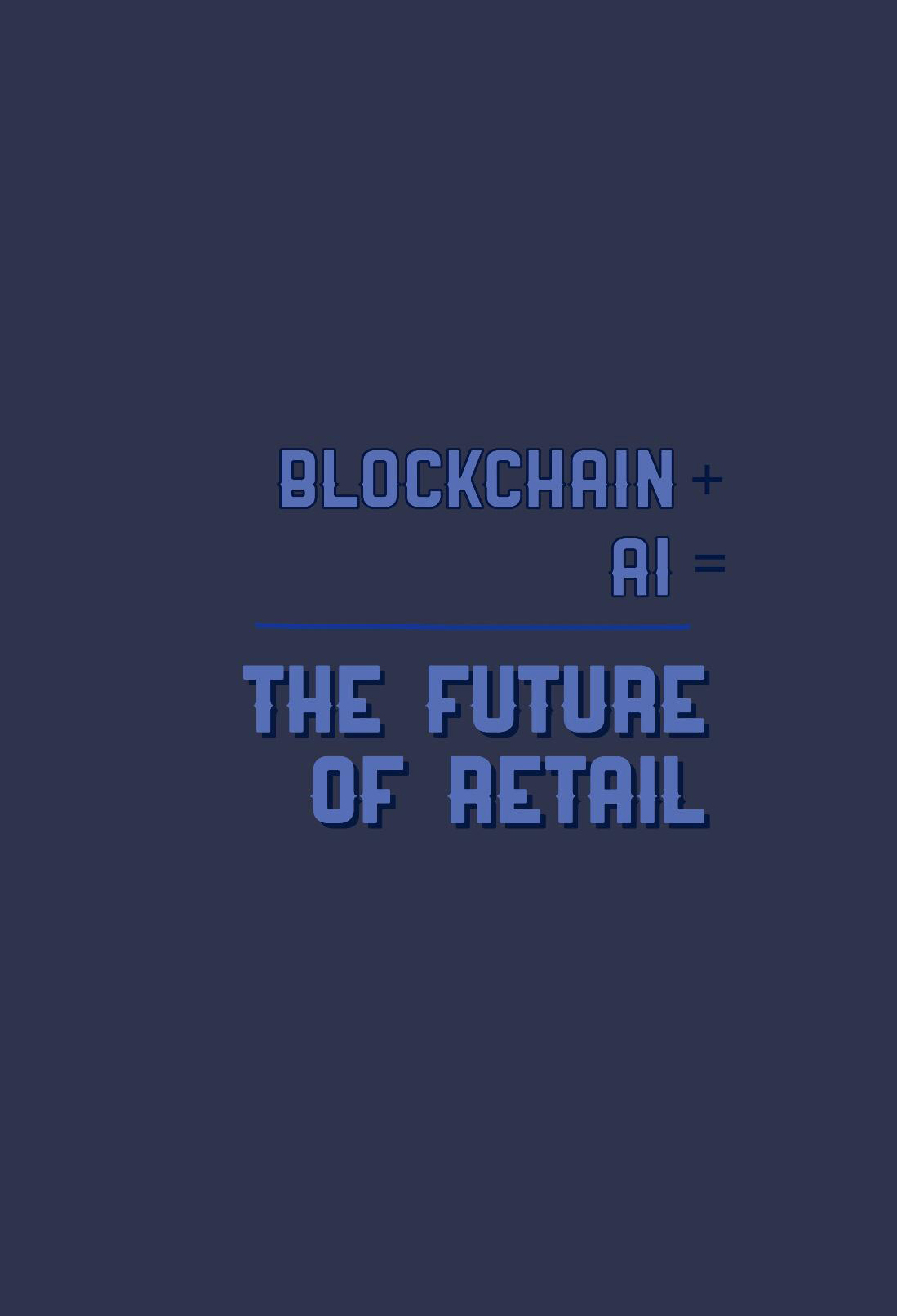The Kering group, a luxury conglomerate that owns Gucci, Saint Laurent, Balenciaga and Alexander McQueen among other brands, is facing an Italian claim for 1.4 billion in unpaid taxes. Italian tax authorities completed a tax audit in connection with their investigation pertaining to Gucci’s tax matters in Milan: the source of the problem is “Luxury Goods International” (LGI), a Swiss subsidiary of Kering. According to the audit report, LGI conducted business activities in Italy which should have resulted in payment of Italian corporate taxes. The audit is mainly focused on Gucci, Kering’s star brand and main revenue driver. The audit started in 2017 when Italian tax authorities carried out checks…
-
-
Big Data in Fashion – A Fashion Revolution
The fashion and retail industries are facing a significant acceleration in the pace of production and launch of goods on the market as well as increasing competitiveness in all scopes of the industry. In this “See now Buy now” context, big data is becoming a brand’s strongest ally. By big data, we mean extremely large data sets that may be analyzed to reveal patterns, and associations relating to human behavior and interactions. Guessing or making bets on what consumers will purchase is no longer necessary since data reports their behaviors to predict and anticipate their demands. Hence, brands are able to produce the most precise offers possible. This entails collecting…
-
Fashion Shows In The Digital Era: An Evolutionary Dead End?
Sunday, 17 February 2019 As we are going through another fashion month and anticipating Milan Fashion Week, the silent question of fashion show validity has been an elephant in the room for some years now. With sales in the fashion industry are stagnating and many important players are going into debt yet still splurging on influencer-intense catwalk shows, designers are wondering – could marketing budgets be used more wisely? It came as a bit of surprise when Bella Hadid, Kaia Gerber and Emily Ratajkowski flew over to Milan to walk in Versace show during the last Men’s Fashion Week, resulting in us not being able to recall a single male…
-
The Rise of Merch in the Digital Age
Concert ‘merch’ has always been a feature of artist’s careers. And the rise of digitalisation is helping this business take on a strikingly new importance and become one of the main attractions of the show. Read more about the interesting factors at play in the growth of the merch market in the digital age!
-
The textile revolution
-It takes 700 gallons of water to make one and only regular white T-shirt. -In the US 12.8 tons of textile are dumped in landfills every year. And the list goes on. Textile is the one to blame for the fact that fashion is one of the most polluting industries. Fibres such as cotton but also synthetics such as polyester and viscose have a devastating environmental footprint on our forests, seas and air. Our thirst for consumerism has led to the explosion of fast fashion and the situation can only aggravate. The question is, how can we replace such cheap and easily accessible textiles? A quick google search is enough for…
-
The Business of Hype and Drop Culture
The fashion and luxury industries as we know them are undergoing a tremendous change to keep up with the new generation of consumers—who are set to account for 45 percent of the global luxury market by 2025— and their new shopping behaviours. Normal marketing strategies don’t cut it for most brands anymore, and this is where the business of ‘hype’ comes in. Supreme x Louis Vuitton © Tolga Akmen So what are the keys to a successful hype fashion brand? The first rule is that there are no rules. Unlike traditional fashion brands that release collections with the seasons and undergo a long period of professional training, they implement the…
-
The Imitation Game
Copying in the fashion industry is no new concept. Charles Frederic Worth, considered the pioneer of haute-couture, started stitching his name onto his original creations as early as in 1850 to protect himself from sly copycats. However, with the extensive multiplication of clothing brands and the strong development of fast-fashion, this phenomenon has grown hugely over the past decades. Despite the increasing magnitude of the copying problem, regulations to protect designers are still scarce and complex, especially in the United States. No clear patents or copyrights exist like in the pharmaceutical industry for example. The reasons for this leniency are multifold: Firstly, clothes are considered a more a commodity rather…
-
Blockchain + AI = The Future of Retail
AI AKA Artificial intelligence: computer completed tasks by simulating human intelligence. Blockchain: states of information at a determined moment in time represented by a chain of blocks. Each block can be traced to the previous one while each chain of blocks resides independently in a decentralised network which requires general consensus and thus ensures validity. Blockchain and artificial intelligence are few of the trending, fuzzy technological terms we encounter e v e r y w h e r e. Technological revolutions, the greatest inventions after the internet, call them as you want: it feels like they could change the way we do business forever. Fashion, one of the most complex and…
-
The digital tax
Subsidies for small to medium retailers and higher taxes for tech-giants. These are the new directives to be introduced in the UK by April 2020 in order to level the playing field between different distribution channels in a country that is greatly affected by the crisis of historical retail chains such as Marks & Spencer or Debenhams. Many retailers are struggling to survive as the competition from online firms – that employ fewer staff and pay lower tax rates – is increasing quickly. Phillip Hammond, the Chancellor of the Exchequer and Member of Parliament, introduced two ways to level the playing field: firstly, support retailers with the profitability of their…
-
Losing Touch With Reality: How Victoria’s Secret Fails To Speak To The Woke Consumer
Sunday, 2 December 2018 A few weeks ago, Victoria’s Secret announced new lingerie megastore opening, this time – in Rome, Italy. The news came in as a bit of surprise – in the wake of last summer’s losses in revenue and 55% drop in shares since the beginning of the year, it would seem that L Brands, owner of Victoria’s Secret and Pink, would be too busy implementing changes in business to be stretching the problem to new markets overseas. But can a turnaround happen for lingerie juggernaut? On the day of Victoria’s Secret Fashion Show airing, let’s see if all that glitters is gold. Victoria’s Secret dropped to their…









